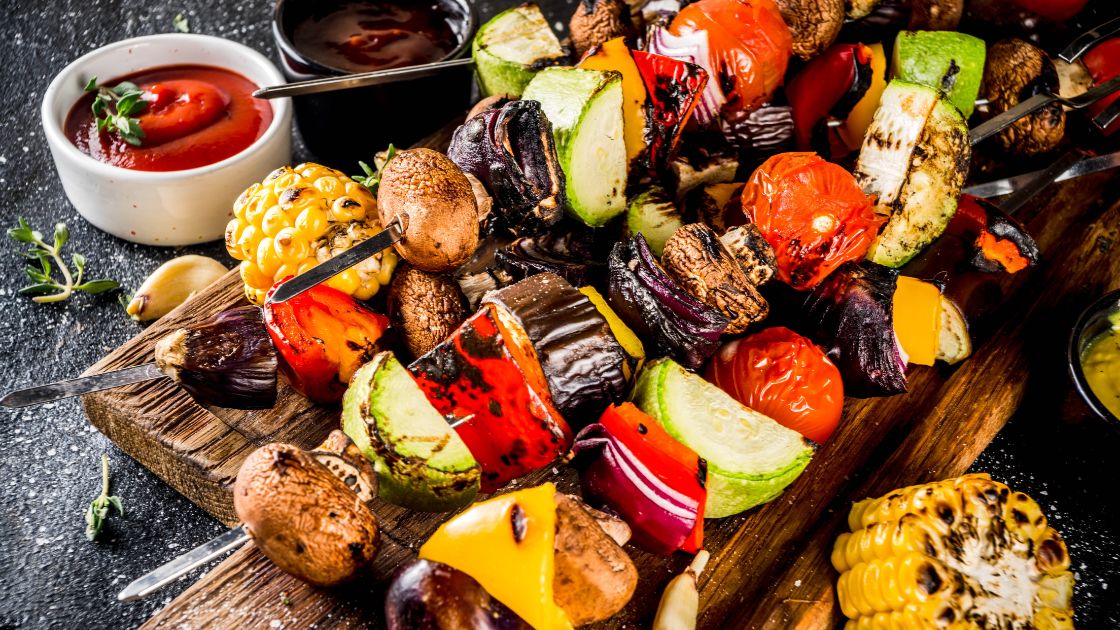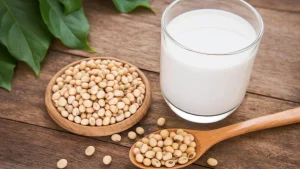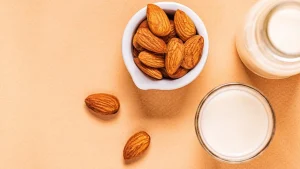Beginning a vegetarian diet, it’s very normal for people to have concerns regarding vegetarian cuisine, protein intake, and other aspects. That is why we have created this blog to help answer all the questions you may have. If you want to learn more about vegetarian foods, continue reading and learn how a vegetarian diet works.
Vegetarian food varieties
Each variety of vegetarianism has its unique traits. It’s vital to understand some basic words for vegetables before discussing the vegetarian meals that might be included in any diet.
It is important to know that there are distinctions between vegans and vegetarians. Moreover, you must know that there are vegetarian diets that permit milk and eggs. Before continuing, verify the following definitions to understand better:
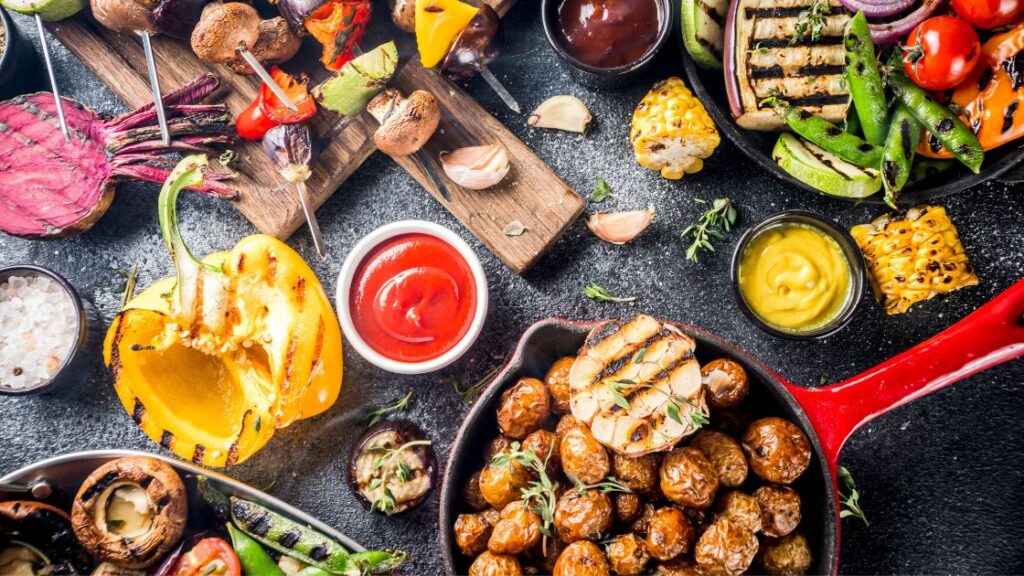
Vegan
Vegans strictly adhere to a vegetarian diet and refrain from using any products that have been created or tested on animals.
Strict vegetarian
A strict vegetarian abstains from eating any animal products, including jelly and honey, as well as meat, eggs, and dairy products.
Vegetarian egg
Egg vegetarians are people who avoid eating meat and dairy products altogether. However, they do include eggs in their diet.
Lactovegetarian
These people follow a diet that includes milk and its derivatives but excludes all forms of meat, eggs, and products that contain them.
Ovolactovegetarian
This category of diet foregoes all meat, including fish and shellfish. However, they do allow eggs, milk, and milk products.
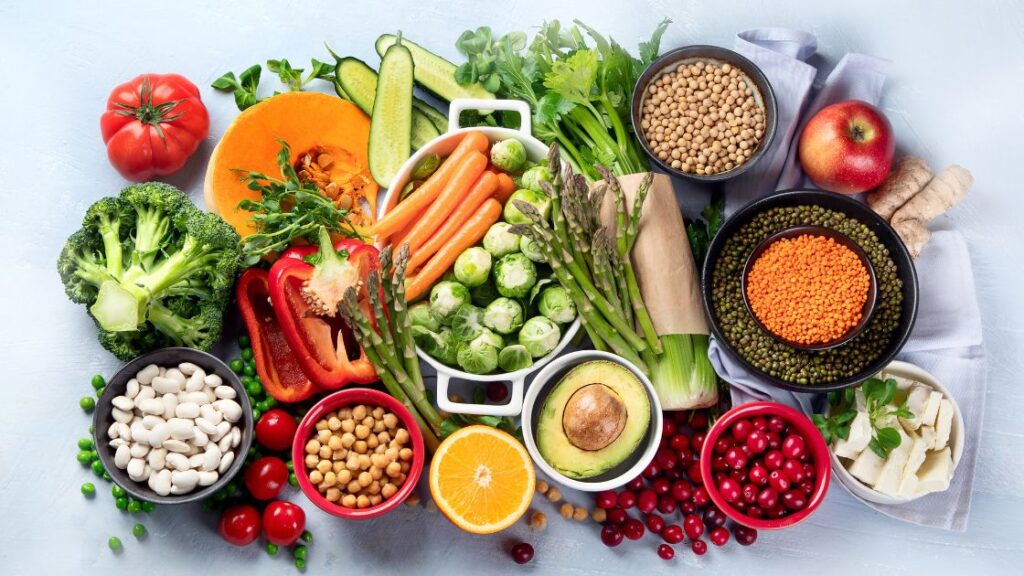
What kinds of food are part of a vegetarian diet?
One of the best diets in the world is the vegetarian one, mostly because of the health advantages. The key to creating a diet full of carbohydrates, fats, proteins, vitamins, and minerals, notably vitamin B12, is to develop a well-balanced diet.
To fulfill the body’s requirements for several vital nutrients, it is fundamental to consume a variety of natural foods. The benefits of proteins from an animal origin are also the subject of numerous myths. However, they are refuted by the several vegetarian foods that are providers of protein, specifically:
- Walnuts
- Brown Rice
- Soybeans
- Black beans
- Chickpeas
- Pickles
- Quinoa
- Lentil
- Seitan
- Tofu
- Chard
- Kale
- Sweet potato
- Cauliflower
- Tomato sauce
- Peas
- Meatless food
There are a wide variety of foods that are suitable for vegetarian cuisine. People who switch to vegetarianism after consuming meat for a significant portion of their lives go through a transition period. Many people find that items like vegan burgers make this process easier.
New vegetarians embark on a new lifestyle with only a vague understanding of what vegetarianism entails. They are completely unaware of the range of foods and delights that vegetarian cuisine offers. This is unfortunate, the ideal is to know all the delicious and nutritious foods they can consume.
Healthy vegetarian meal eating
To have a healthy, balanced diet, it’s necessary to understand the different food kinds we should eat and the appropriate serving sizes.
It is not necessary to attain this balance with every meal, but you should aim to do so throughout a day for every day. Whenever possible, choose foods that are low in sugar, salt, and fat.
Some tips to keep in mind are:
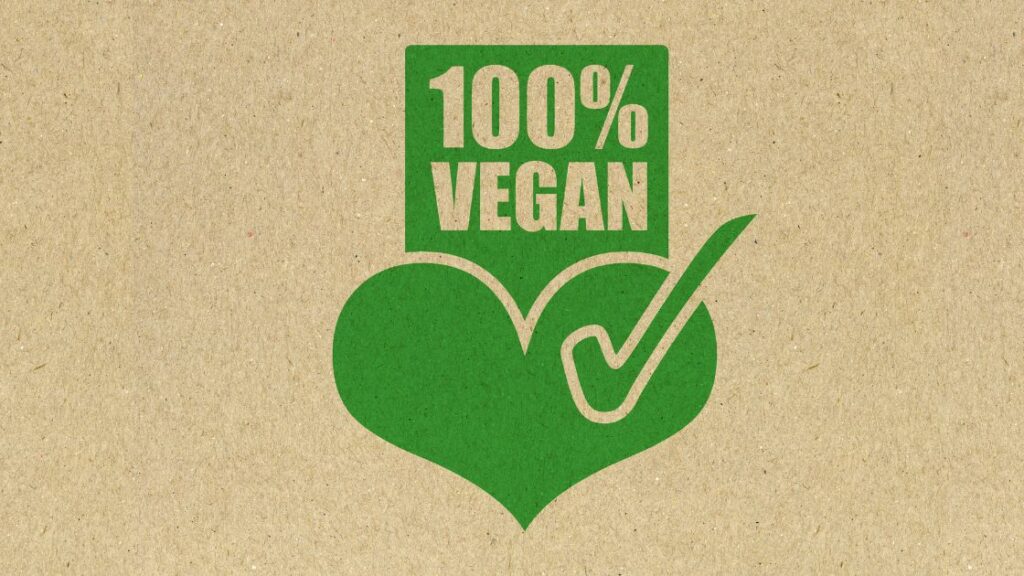
- Consume a range of fruits and vegetables each day.
- Focus on starchy carbohydrates for meals
- Consume products or dairy substitutes are required to provide calcium.
- Pick spreads and oils that are unsaturated.
- Consume eggs, beans, lentils, and other protein-rich foods.
- Avoid foods that are heavy in fat, salt, and sugar.
Nutritional value of a best vegetarian diet
Nutrients in vegetarian diets are found in smaller concentrations than those found in meat or fish. That is why the number of servings must be measured and calculated well to guarantee a good contribution of nutrients.
Most vegetarians typically consume enough calcium, which is found in dairy products, and protein. However, if your diet is poorly planned, you may be missing out on important nutrients. For this reason, vegetarians must ensure they consume adequate iron, vitamin B12, and other vitamins.
Sources of iron in vegetarian foods
People who practice vegetarianism are more prone than meat eaters to have lower iron reserves. But vegetarians can receive enough iron from these sources:
- NutsApricots and dried fruit
- Lentils, chickpeas, and kidney
- Spring greens such as broccoli, and other dark-green vegetables
- Brown bread and cereals enriched with flour and added iron
Sources of vitamin B12 in vegetarian foods
For development, repair, and overall health, vitamin B12 is essential. You likely receive enough if you routinely consume dairy or eggs. However, it’s crucial to have a dependable source of vitamin B12. If you only consume a small amount or eliminate all products of animal origin, you should increase the intake of other foods that include it.
A few excellent sources of vitamin B12 are:
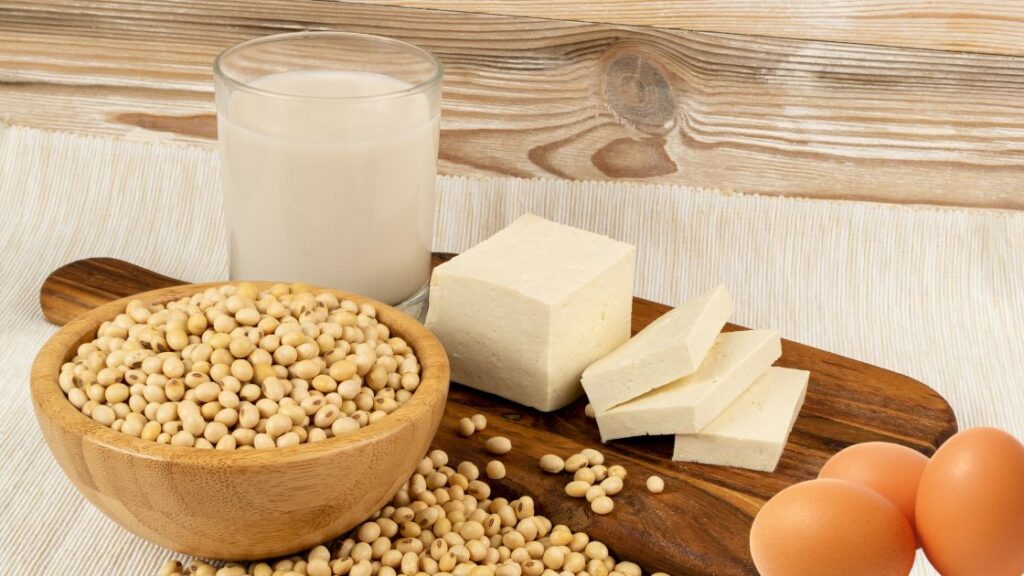
- Soy products
- Milk
- Eggs
- Cheese
- Fortified yeast extracts.
Omega-3 fatty acid sources in vegetarian foods
When consumed as part of a healthy diet, omega-3 fatty acids can aid in maintaining a heart that is in good health. The best sources of omega-3 are those found in oily fish.
There are several vegetarian-friendly sources of omega-3 fatty acids:
- Rapeseed oil
- Walnuts
- Enhanced eggs with omega-3 fatty acids
- Flaxseed linseed oil
According to evidence, vegetarian sources of omega-3 fatty acids might not be as effective as those found in oily fish in lowering the risk of heart disease.
However, even if you follow a vegetarian diet, you can still take care of your heart by eating at least 5 servings of fruits and vegetables. Also, is important to consume less saturated fat, and keep an eye on your salt intake.
Eating vegetarian while pregnant
Vegetarians who are expecting or nursing need to make sure they get enough vitamins and minerals to support the healthy development of their unborn kids.
To provide your infant or child the energy and vitamins they require, you need to make sure they eat a range of foods. Regardless of whether it is a vegetarian diet or not.
For more reliable information on how to be vegan or vegetarian during pregnancy, consult your doctor. He will be the most suitable to guide each mother in her feeding according to her pregnancy status.
Include vegetarian foods in your meals
Vegetarian foods are rich in nutrients so you can safely follow a vegetarian diet. You must know how to choose food very well and establish a balanced meal plan. If you choose the right foods and the right portions, your body will stay satisfied and healthy.

I am a professional health and nutrition writer with extensive experience in the industry. My passion for sharing valuable insights on nutrition and wellness stems from over 15 years of personal training and maintaining a healthy lifestyle. My commitment to continuously educate myself on the latest trends and research in the field allows me to deliver high-quality content that is informative and engaging. My mission is to empower individuals to make informed decisions about their health and well-being through my writing.
